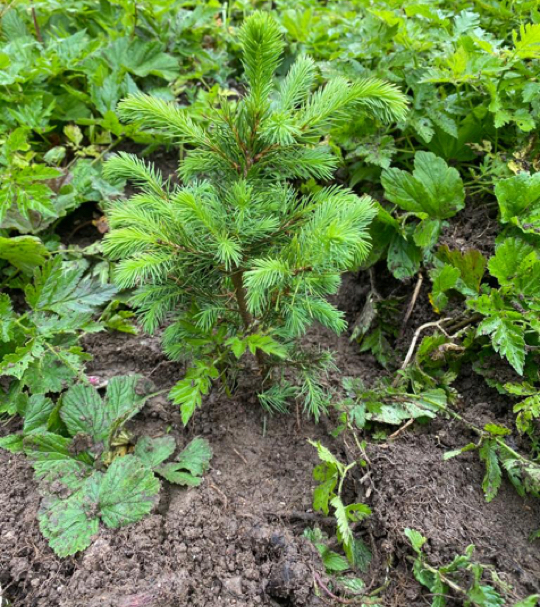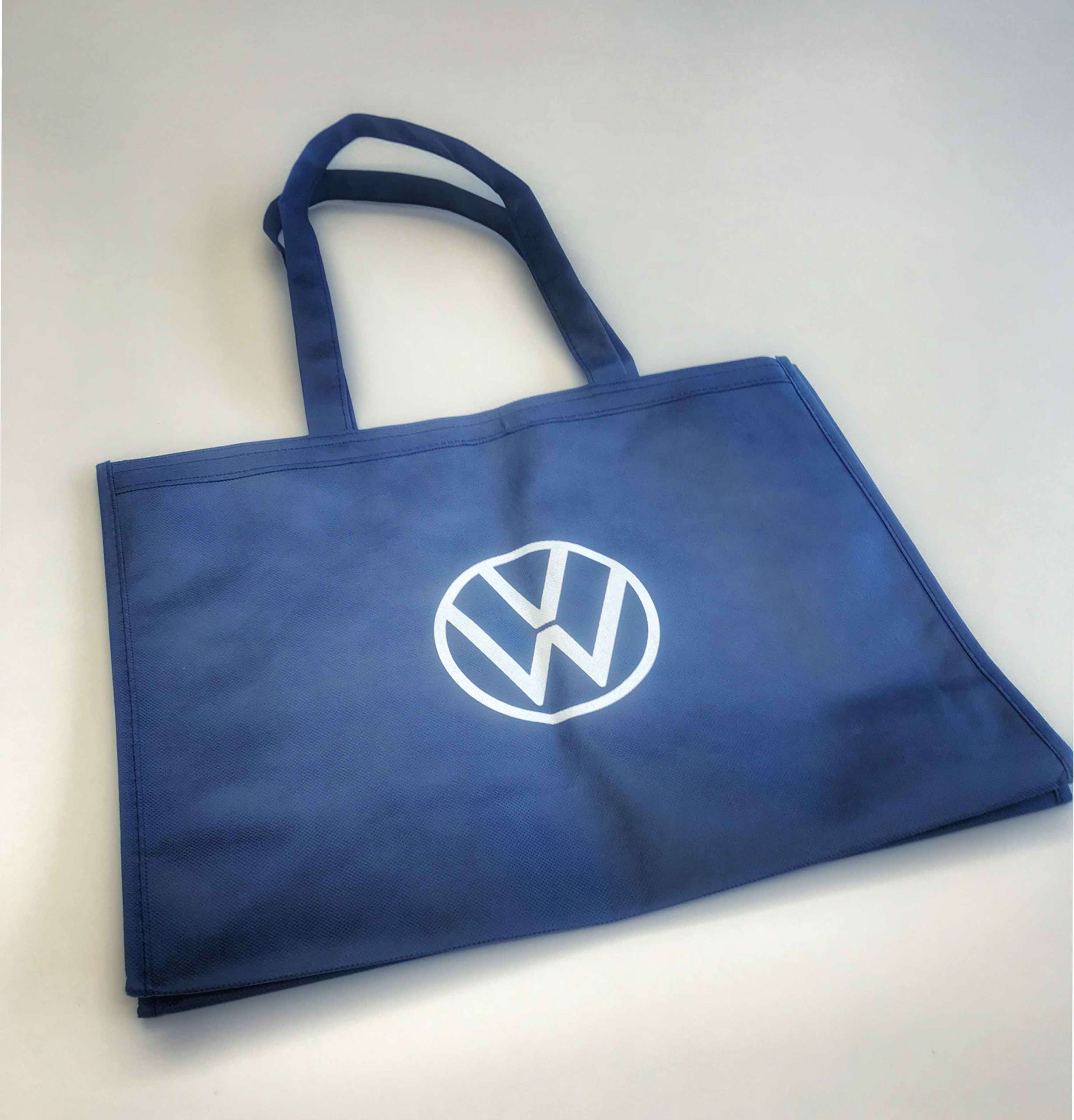About Block 1

Sustainability in producing
The ecological definition of sustainability comes from the so-called Brundtland Report of 1987 and describes sustainable development as one that meets the needs of the present without compromising the conditions of future generations.
Sustainability affects us all in our daily thoughts and actions. For our customers, we bear a great responsibility in the area of sustainability. In the area of production, for example, we attach great importance to sustainable value chains and materials. Be it in the area of give-away production or in the area of corporate publishing and printing. The topic of sustainability often correlates strongly with somewhat higher purchase prices. This is because sustainability largely requires short transport routes, which categorically rules out production in the Far East. A product that is produced sustainably must also radiate this character to the customer, because like every human being, our customers also react to external stimuli. This means that the product must be immediately recognisable to the customer as sustainable. This can be achieved physically through haptics and smell or, if this is not possible, visually through labelling on the product itself - for example by using natural papers (haptics), printing with environmental logos (e.g. PEFCTM, FSC®.) or printing a text "Product was produced from 100% recycled PET bottles".
All PMC employees are instructed to advise customers on the selection of suppliers, products and materials and to place the highest value on sustainability in purchasing. It is our declared goal to offer 100% of the products used from sustainably operated value-added processes or materials. However, the final decision on the selection lies with the brand managers.
We define sustainability as follows:
- Ecologically compatible materials - including the production chains/processes behind them
- Sustainable production/work - transparency / traceability / transport routes etc.
- Packaging materials used - including bulk packaging / orders (volume bundling to avoid bulk waste - e.g. at the point of sale at retailers etc.)
The VW brand is also focusing more and more on the issue of sustainability. This is also the case at Austria's largest car show, the Vienna Autoschau.
Our task was to find a sustainable alternative to the paper carrier bags of the past years, as these were always disposed of at the exit.
The result, a bag on PP NonWoven* (explanation of terms)
Why did we choose this material?
The PP Non Woven makes for a greener environment as it is reusable, easy to clean and in our case made from 100% recycled products.
These bags can be washed quickly, sometimes even in a washing machine at 30 degrees. Most Non Woven PP bags are made from five different types of plastic.
Through recycling and reuse, many of these carrier bags do not end up in the environment in the first place.
Another positive aspect is certainly that the durability of the bag means that it is used more often, perhaps even passed on, which in turn has a positive effect on our advertising range.
* A nonwoven fabric is a structure made of fibres of limited length, continuous fibres (filaments) or cut yarns of any kind and any origin, which have been joined together in some way to form a nonwoven (a fibre layer, a fibre pile) and bonded to each other; this excludes the interlacing or intertwining of yarns, as occurs in weaving, knitting, lace production, braiding and the manufacture of tufted products.
Nonwovens are a group of materials with a wide variety of properties, which can be specifically adapted to a wide range of application requirements due to the large number of usable raw materials and manufacturing variants.

Page Copyright
© Porsche Media & Creative 2020
